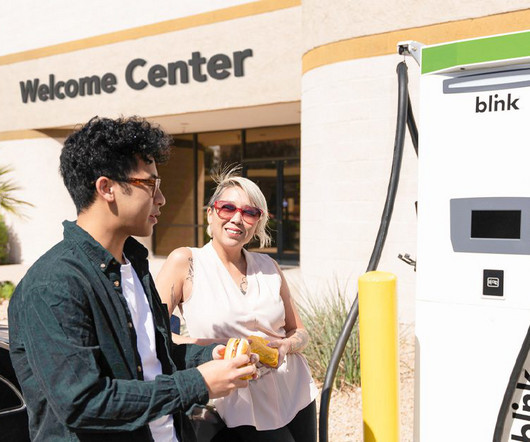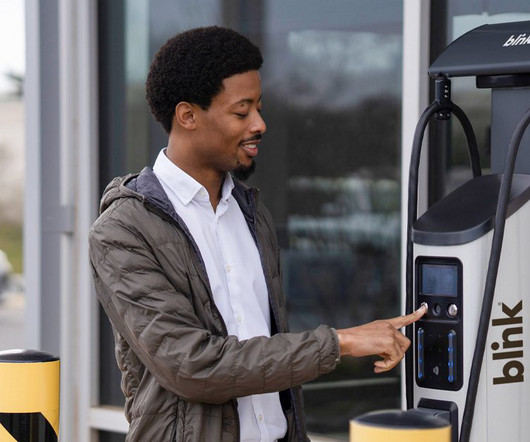DOE to award up to $2.5M to deploy fuel-cell-powered baggage tow tractors at commercial airports
Green Car Congress
APRIL 26, 2012
This funding is intended to help industry bring advanced fuel cell technologies into emerging markets and provide airlines and airports with new choices for ground support operations that cut energy costs, air pollution, and petroleum use. DOE is encouraging applicants for this FOA to leverage other federal programs and incentives.).













Let's personalize your content